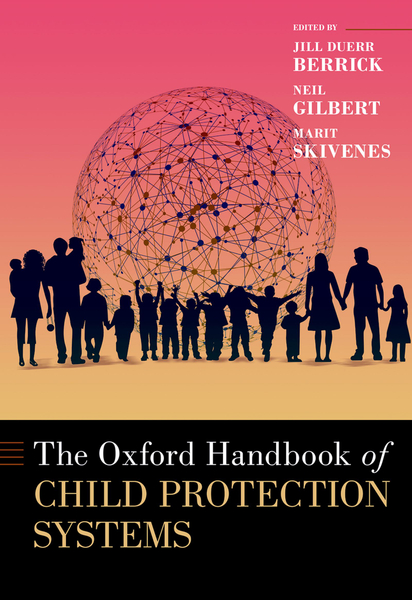Over 30 years ago, the United Nations developed the Convention on the Rights of the Child (UNCRC), heralding the importance of protecting children from a range of human rights violations. Among these are the right to be free from abuse and neglect at the hands of parents or other caregivers, and the responsibility of states to devise a protective response. How nations conceptualize harm and even how they define childhood varies markedly across the globe. This Handbook describes and analyzes the ways in which 50 countries from every continent, except Antarctica, have devised measures for child protection emphasized in the UNCRC. The Handbook discusses the legislative responses, public administrative systems, and the social service networks that governments have put in place to secure the protection of children against maltreatment and exploitation. Synthesizing data from across the world, the authors suggest a global typology of child protection systems for understanding the diversity of service responses. The typology consists of five ideal types that have as their emphasis protection against an array of risks to childhood and that represent the focal point for government intervention in the lives of families. They include child exploitation protective systems, child deprivation protective systems, child maltreatment protective systems, child well-being protective systems, and child rights protective systems. The Handbook is a valuable resource for researchers, students, and policymakers attempting to craft thoughtful state responses to children’s needs

Oxford Handbook of Child Protection Systems
R2513,47
| Authors | |
|---|---|
| Language | |
| Publisher | |
| ISBN | 9780197503560 |
| Number Of Pages | 744 |
| File Size | 14.02 mb |
| Format | EPUB |
| Published | 14-02-2023 |



